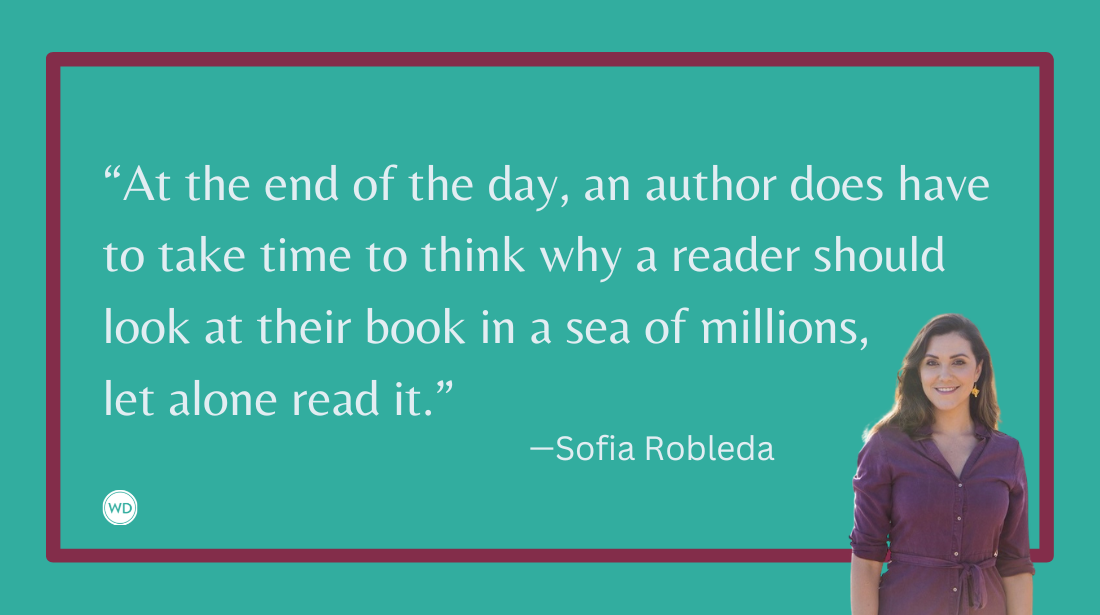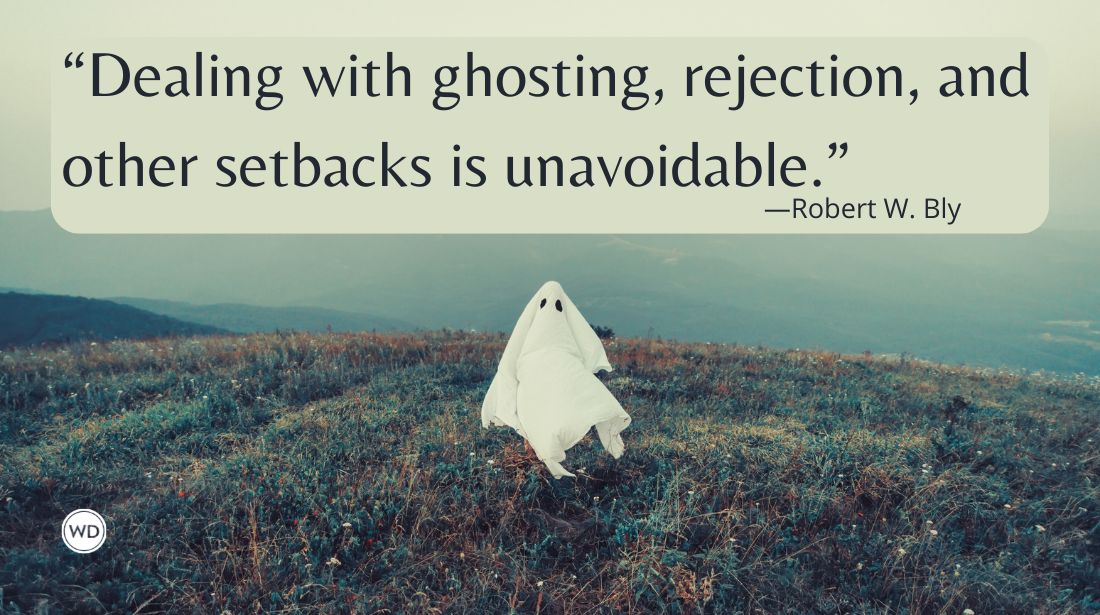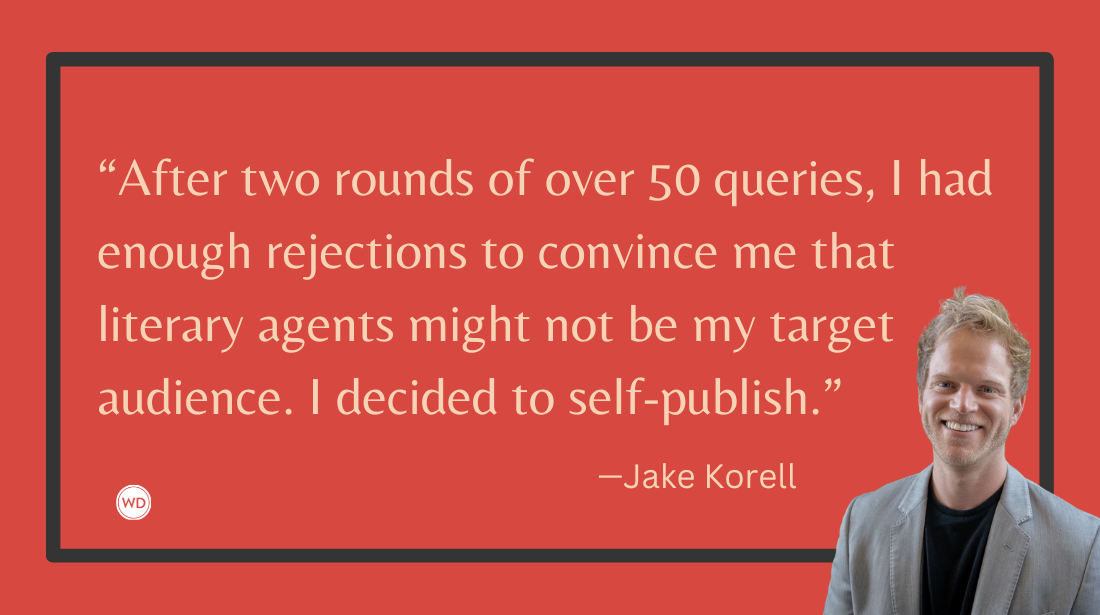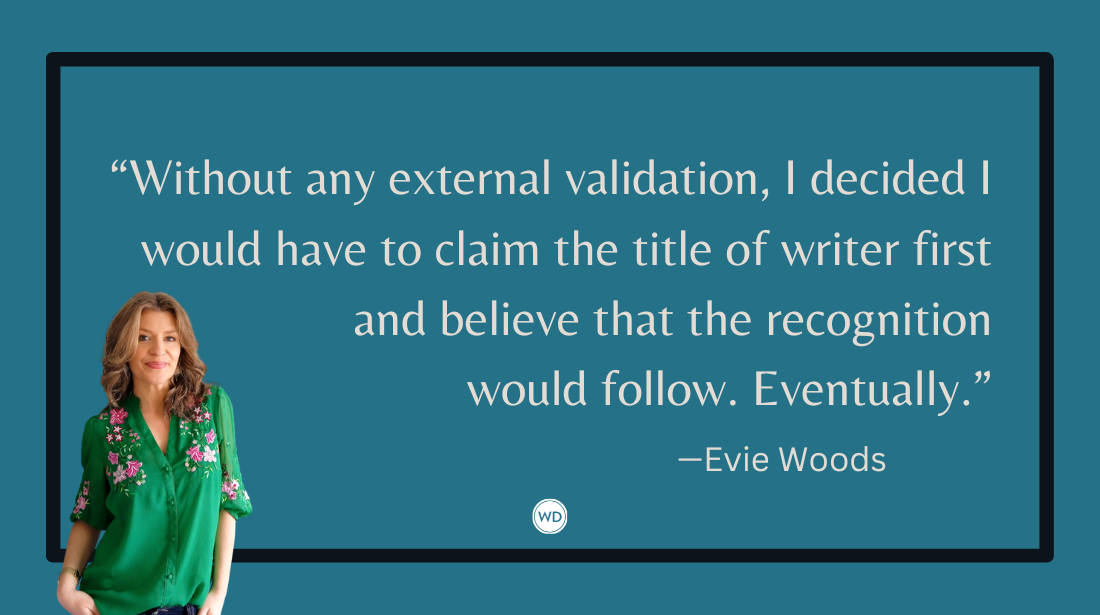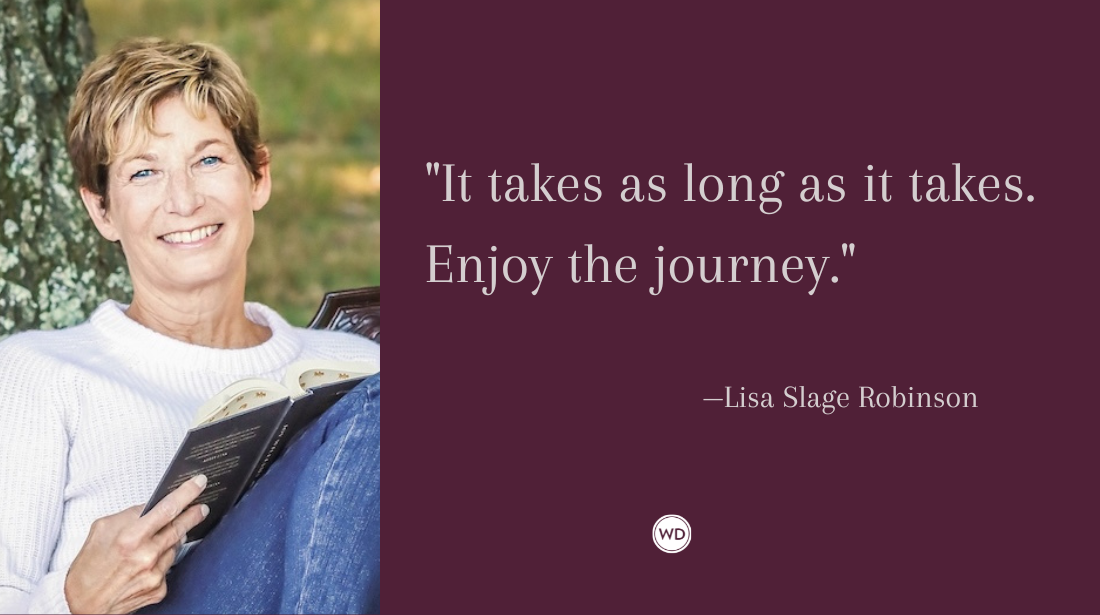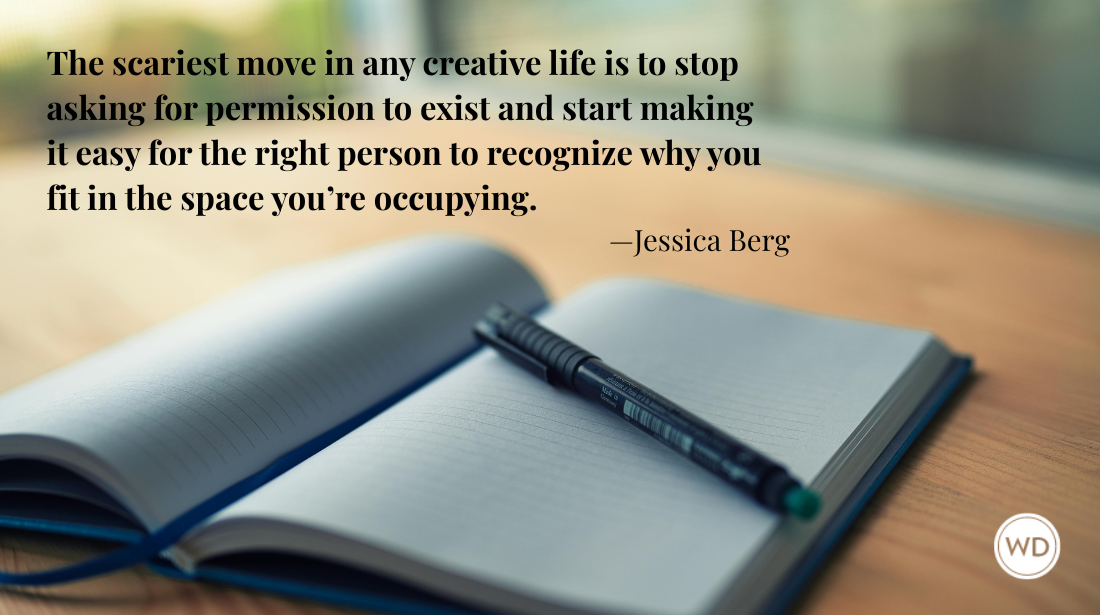Celebrating the Little Wins as a Writer and Freelancer
Freelancer Chris Saunders discusses the importance of celebrating the little wins as a writer, especially as a freelance writer.
I am lucky enough to write for a living. At least, I tell myself I am lucky. I also write as a side hustle, and as a hobby. I just write different things for different people. For me, it has always been important to enjoy what I do because as we all know our time on this earth is limited. Because my work and my play are pretty much the same thing, it never really ends and the two often merge together.
Yes, it can be a tedious, even dull existence. Just ask my social life. To break the monotony sometimes I cut loose, write whatever I want, and look for a market later. It's counter-intuitive in a way, because if I fail to sell the piece it would be a huge waste of my time and resources. Or so I used to tell myself. But over the years I've discovered where the real pleasure lies.
It's about celebrating the little wins.
Let's be real, the check is the ultimate reward. Or, more likely, the PayPal payment or bank transfer. It legitimatizes your work, brings credibility, and hey, you're published! There's nothing better than seeing your name in print and it never gets old. I still get the same thrill now as I did as a hungry 23-year-old. But what I have come to appreciate more are the other points along the way where you can derive some level of pleasure or satisfaction.
First comes the idea, the Eureka moment when a concept presents itself. That initial thrill is so full of hope and optimism. And it applies across the board, whether you're a novice writer or a seasoned pro, whether you write fiction, nonfiction, or poetry.
I ponder the idea for a while to see how viable it is, and whether it's worth pursuing or not. If I decide in the affirmative, I'll do some preliminary research. I might send out a few tentative emails, do an internet search, or read some articles, and little by little I learn more about this project I've become invested in. Slowly, the puzzle starts coming together and—when I feel confident enough—I start writing.
This is the part I find most exhilarating. I've done the prep. The research. I know what I'm going to do. It's go time. I sometimes fall into a zone where the words are flowing and it feels like I am riding the crest of a wave. The words appear almost unbidden, and all I have to do is write them down. I'd wager most writers know that feeling. I only wish I could bottle it and sell it.
Then follows a roller-coaster ride. There will be setbacks and disappointments, but there'll also be moments of pride and extreme satisfaction as the story, or article, takes shape. Finally, when it is finished, you get a little extra rush of endorphins. You feel accomplished, like you have achieved something. And you have. You created something from nothing. I imagine it's a similar feeling to what a gardener may have when picking vegetables they've grown from seedlings. And you may be able to milk that feeling twice; once when you write 'the end' on your first draft, and again when you type those same words on your shiny, polished, submission-standard draft, confident and safe in the knowledge that your baby is ready to enter the world.
When the piece is finished, I might have a think about who might be interested and send out a pitch or two. Looking at it in this context, maybe all my decisions leading to this point have been influenced to some degree by how sellable the feature or story might be. It definitely plays a part in the initial weighing-up process. If I don't get any hits, all is not lost. I either use the piece as content for my blog, or I file it away. I might not be able to sell it that moment in time, but I might be able to further down the line.
You can always tweak it to fit certain markets or submission calls that emerge. A word of advice, though. It's better not to do both. If you post a short story, for example, in a Facebook group for feedback, which many do, it has technically been published. So if you submit it to a market in the future you would only be able to offer secondary publication (reprint) rights, which generally pay less. There's nothing stopping you posting progress reports, extracts, and teasers on your social media to build interest, though.
Earlier in my career, if I couldn't get the sale after doing all that hard work, I would be disappointed. But being a little further down the road, I have come to realize that enjoying the process is a lot more important than making a few extra dollars. I am still fundamentally opposed to 'for the love' markets. As the popular internet meme says; I can't pay my rent with exposure. My rule is, if the publisher is making money from my work, then I should, too.
Depending on who you believe, either Mark Twain or Confucius said that if you find a job you like, you'll never have to work a day in your life. And whoever said it was right. Those little wins along the way make it all worth while, and—if we play it right—it can all be topped off with that acceptance and pay check, which is very much the icing on the cake.
Chris Saunders, who writes fiction as C.M. Saunders, is a writer and editor from New Tredegar, Wales. After teaching English in China for several years he worked extensively in the publishing industry, holding desk jobs ranging from staff writer to associate editor, and is currently employed at a trade publication. His fiction has appeared in numerous magazines, ezines and anthologies around the world including The Literary Hatchet, Crimson Streets, 34 Orchard, Phantasomagoria, Burnt Fur, and DOA volumes I and III, while his books have been both traditionally and independently published. His latest release is the horror western Silent Mine on Undertaker Books.




